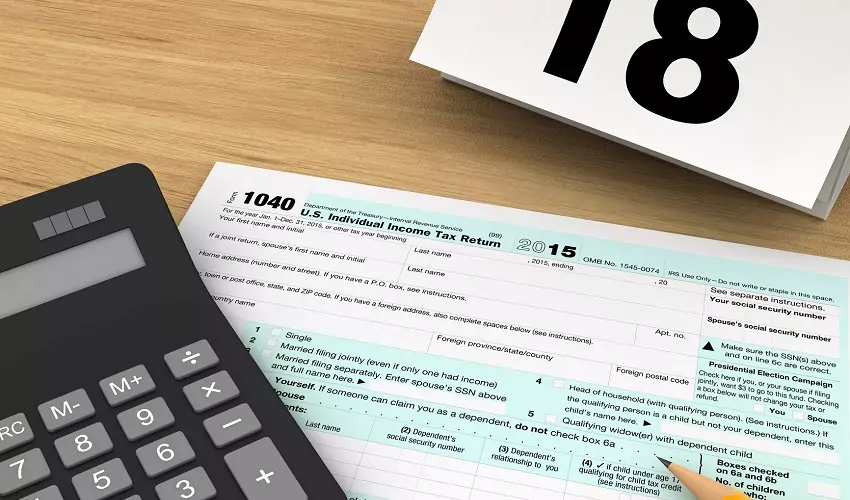What is a Roth 401(k)? Is it Right for Me?

Roth 401(k) Basics
Elective deferral contributions to a traditional retirement plan are contributed on a pre-tax basis and help lower your current taxable income. Roth elective deferral contributions, however, are much like a Roth IRA in that contributions are made on an after-tax basis. Money in the Roth account and any earnings will be distributed tax-free if withdrawn after age 59½, death, disability and at the end of the five-year taxable period during which the participant’s deferral is first deposited into the Roth 401(k) account (a.k.a. the Five Year Rule). A Roth 401(k) account can be rolled over to another plan that permits Roth 401(k) contributions or to a Roth IRA. If rolled into a Roth IRA, the tax-free nature remains and the money is not subject to the minimum distribution requirement at age 70½ as in the Roth 401(k).
Who Would Likely Benefit?
- People who believe taxes will be greater in the future
- Young investors who believe they will be in a higher tax bracket in the future
- Investors who do not qualify for the Roth IRA due to income limit
- Low income investors who are tax-exempt
- Investors who use Roth 401(k) as a planning tool in conjunction with traditional 401(k) plans
- Allows participants to hedge against risk of higher future tax rates
Who Would Likely Not Benefit?
- People certain that future tax rates will decrease
- People expecting to experience a significant drop in income upon retirement
- People with high temporary income
- People needing access to their funds within the first five years of deferrals
| Traditional 401(k) | Roth 401(k) | |
| Tax treatment of deferrals | Before tax | After tax |
| Tax treatment of earnings | Tax deferred | Tax-free |
| Tax treatment of final distributions | Taxable at ordinary income tax rates | Tax-free |
| 2018 402(g) Salary Deferral Limits | *$18,500 (*Traditional + Roth) |
*$18,500 (*Traditional + Roth) |
| 2018 Catch-up Limit | *$6,000 (*Traditional + Roth) |
*$6,000 (*Traditional + Roth) |
| Distribution Restrictions | Subject to 401(k) rules, qualified distribution | Subject to 401(k) rules, qualified distribution and Roth 401(k) account must be open for five tax years |
In summary, Roth 401(k) contributions have potential to allow individuals more flexibility in saving for retirement, whereby giving investors more control over the taxable alternatives. Take a cautious approach when weighing the pros and cons.
ACR#237535 04/17



